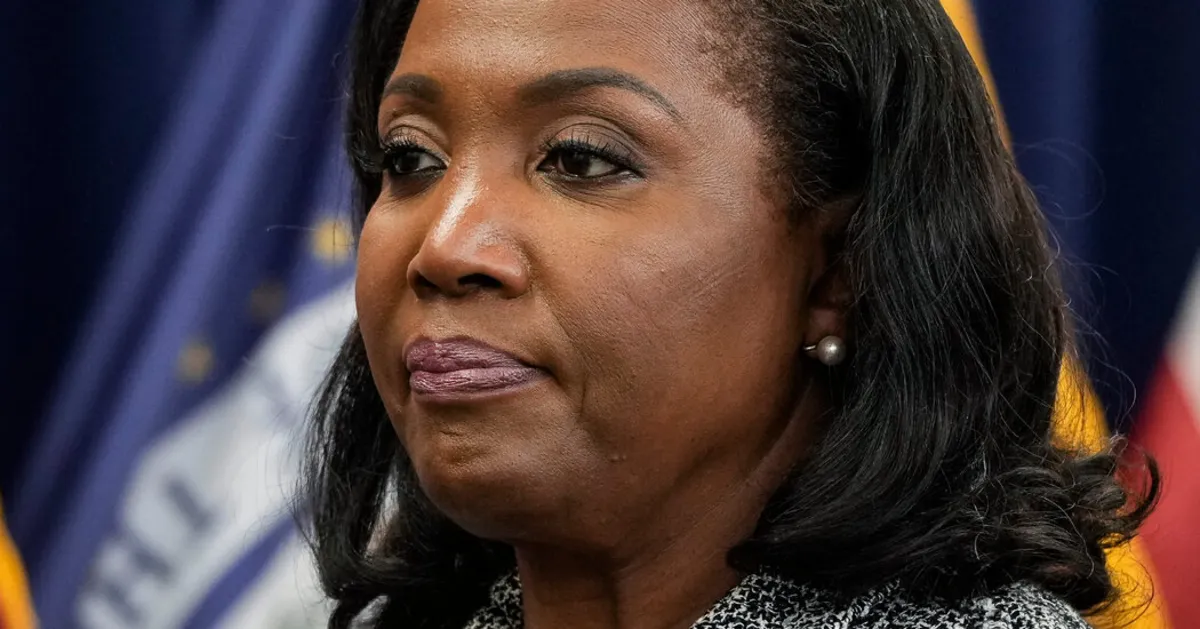
A federal appeals court issued a significant ruling on Monday, denying President Trump's last-minute attempt to block Lisa Cook, a governor on the Federal Reserve, from participating in an upcoming central bank meeting. This decision enables Ms. Cook to cast her vote on crucial interest rates this week, marking a notable legal defeat for Mr. Trump.
President Trump has been engaged in a prolonged effort to install a team of political loyalists at the Fed. His attempts to remove Ms. Cook stem from unsubstantiated allegations of mortgage fraud, despite the fact that she has not been charged with any crime. The ruling from the U.S. Court of Appeals for the District of Columbia Circuit upheld the decision of a lower court judge who previously granted a temporary block against Mr. Trump’s efforts to fire Ms. Cook while the legality of her dismissal was under scrutiny.
The appeals court rejected the president's emergency request to halt the lower court's order, which would have allowed him to proceed with the firing of Ms. Cook. Trump and his senior officials accused her of falsifying records to secure favorable mortgage terms before her appointment to the Fed. However, the legal framework surrounding the Federal Reserve stipulates that the president can only dismiss officials for cause, which is typically defined as professional neglect or malfeasance.
In response to her attempted dismissal, Ms. Cook filed a lawsuit arguing that her potential removal was unlawful under the Fed’s chartering statute. A preliminary loan estimate reviewed by The New York Times indicates that Ms. Cook did not engage in deceptive practices regarding one of her properties, a home in Atlanta, purchased prior to her joining the central bank in 2022. This evidence complicates the administration's claims of fraud and undermines their justification for her removal.
In a ruling earlier this month, a judge from the U.S. District Court for the District of Columbia determined that President Trump failed to meet the necessary legal standard to dismiss Ms. Cook. The court emphasized that her alleged conduct, which occurred before her Senate confirmation in 2022, was unrelated to her duties as a Fed governor.
This ruling not only reinforces the legal protections for Federal Reserve officials but also highlights the ongoing tensions between the Trump administration and appointees within key government institutions. As the situation develops, all eyes will be on how Ms. Cook’s participation in the upcoming meeting may influence future decisions on monetary policy.